 I am going to do my best to tie this article to National trends, events that have an affect on Real Estate (such as elections), and the seemingly cyclical Real Estate pattern that applies in almost all cases, barring any outside catastrophe.
I am going to do my best to tie this article to National trends, events that have an affect on Real Estate (such as elections), and the seemingly cyclical Real Estate pattern that applies in almost all cases, barring any outside catastrophe.
Hours after our recent election, it seemed as if the National election result(s) were catastrophic, though that subsided quickly, and the markets rallied. Yes, there are talks of rising interest rates which can also have an affect, but things seem to be settling back into place. In my opinion (as far as Real Estate goes) things settled right back in their respective place with regards to the Real Estate cycle, more on these economic cycles below.
The question is, will that last? Will the transition into the next President’s era once again upset the current cycle? I don’t think so. An a associate of mine sent an article from Harvard University (source below) that also seems to back that prediction.
The article talks about economic cycles with regards to Real Estate, and the phases of the cycles after recession. The cycle ultimately leads to another recession, due to oversupply (history shows us we never learn) Our last recession was 2008.
While reviewing the cyclical pattern ternds (the article refers to them as Market Cycle Quadrants) in the article, my small market mind’s gears were turning – “Where are WE now in the current cycle?” My answer was somewhere right above Long Term Occupancy average, during a period while vacancy is declining, and new construction is just now staring to occur. For those of you not referencing the article, The quadrants are broken into 4 phases of the cycle;
Phase I – Recovery
Phase II – Expansion
Phase III – Hypersupply
Phase IIII – Recession
I later discovered that the article also answers my question above, and we’re on the same page in terms of where we are in the current cycle, in the beginning stage of the expansion phase. All of that aside, I need to get back on track with regards to the election, how it may affect our market, and tie all of this together.
The great thing about this article is that it provides for a timeline, and even shows a nifty graph depicting these market cycles. It is actually quite remarkable. The findings go back to 1819 to gather data, and locate the peaks in Land Values, Construction, and Business. The average interval is approximately 18 years with one exception, WWII. The good news? I don’t see any clear pattern with regards to election cycles years, and these respective market swings.
For those of you refusing to open this fascinating article, and the contributors to the information in the article are correct, the next housing market recession will be in 2024.
Does that mean our local community is immune to a localized bubble filled with our own “hypersupply” will not affect us? Nope. Check out next week’s article.
Source: https://extension.harvard.edu/blog/how-to-use-real-estate-trends-to-predict-the-next-housing-bubble/
 As a preface to this article, I must say that I am a very straightforward real estate agent. If you are looking for someone to tell you that you can get a bargain on a piece of property that you likely cannot, I’m probably not your agent. I am also not going to tell someone they can obtain a certain price for their property in an effort to obtain a listing, or to appear optimistic. I provide values based on market statistics, and that’s usually the end of the story.
As a preface to this article, I must say that I am a very straightforward real estate agent. If you are looking for someone to tell you that you can get a bargain on a piece of property that you likely cannot, I’m probably not your agent. I am also not going to tell someone they can obtain a certain price for their property in an effort to obtain a listing, or to appear optimistic. I provide values based on market statistics, and that’s usually the end of the story.
 ***Tayson is not a Title expert! Always consult with your Title Company, or attorney when reviewing an actual policy, or Commitment for Title Insurance.
***Tayson is not a Title expert! Always consult with your Title Company, or attorney when reviewing an actual policy, or Commitment for Title Insurance.